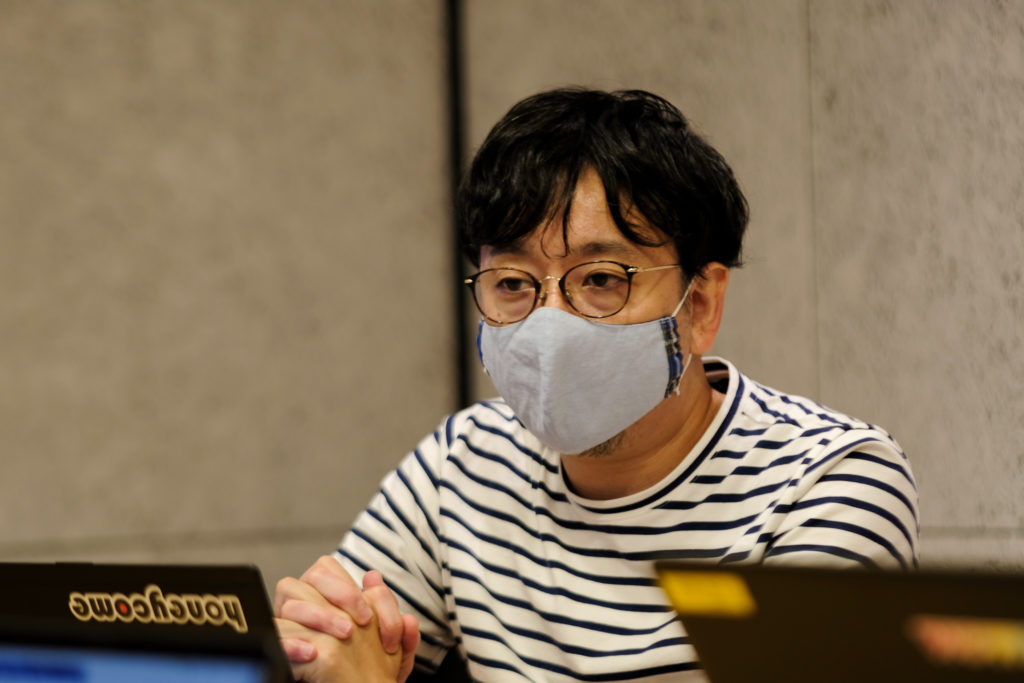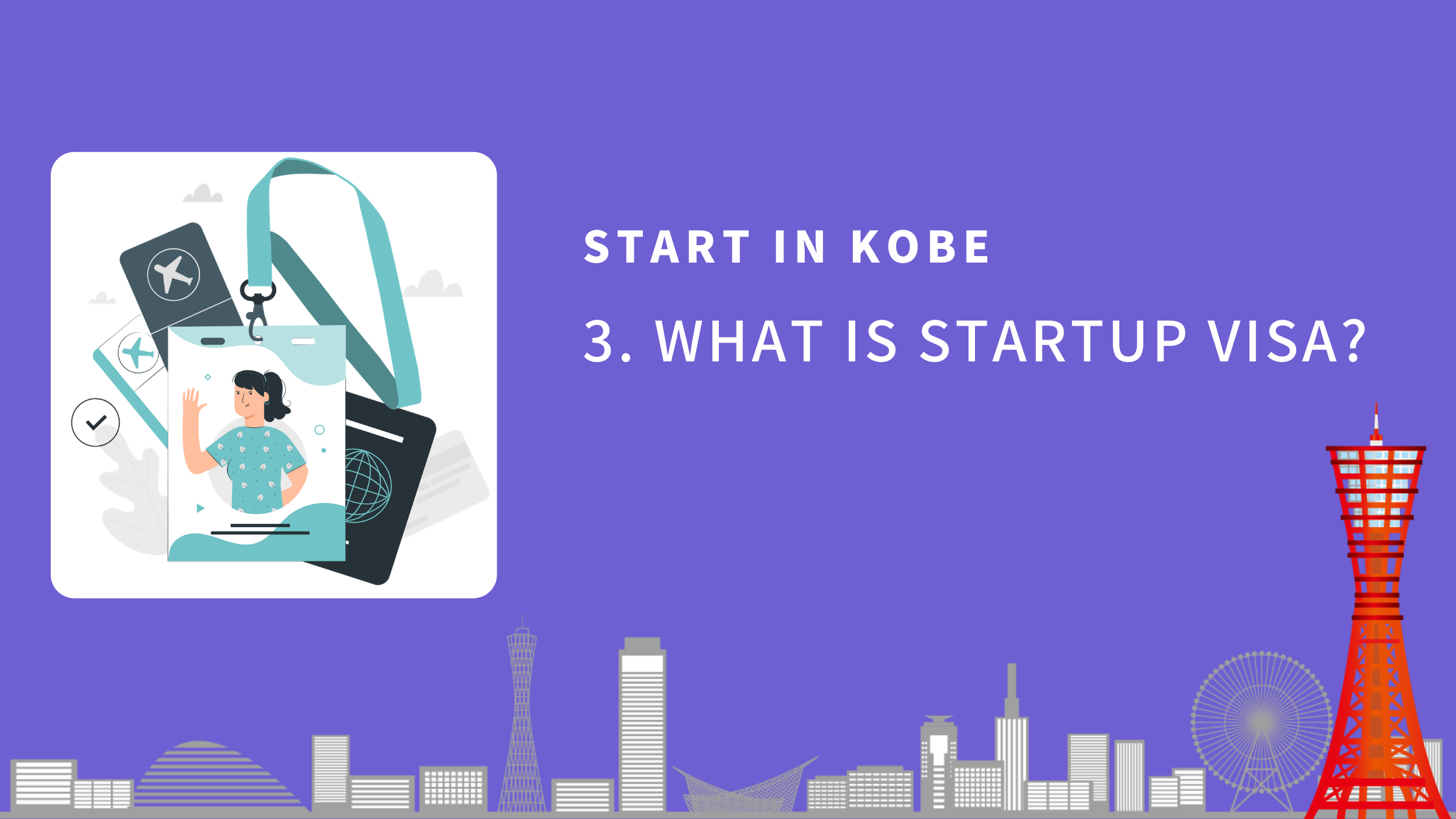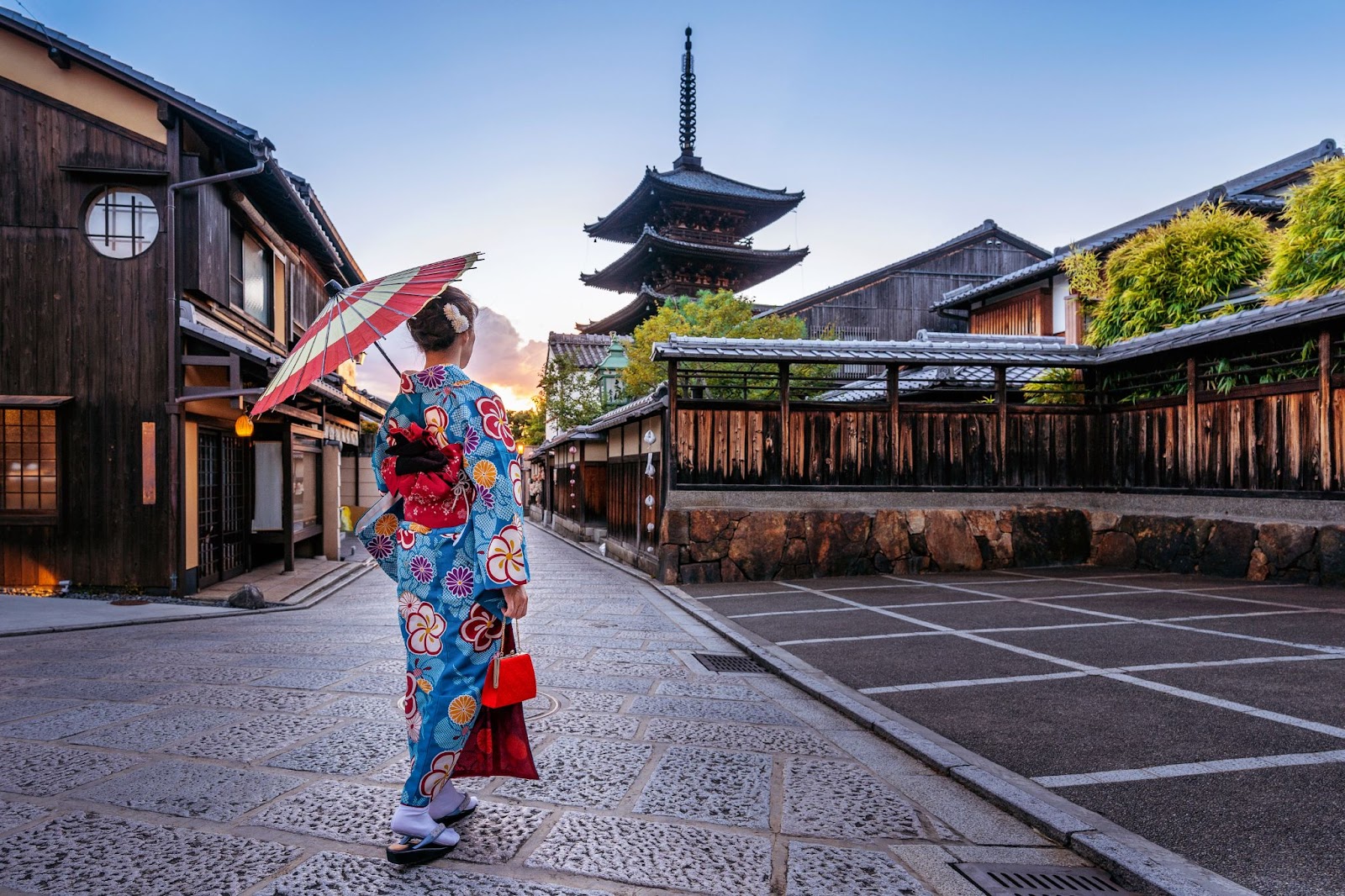1. Introduction
In this series of articles of SUGEE Kansai, we are focusing on Kobe city, a city that has been selected as a Global Startup Hub City by the Japanese government, and is attracting attention from Japan and the rest of the world as a “Startup City”.
Since the development of Kobe as an international port city, the number of religious facilities and foreign towns has increased. Thus Kobe has become one of the most livable cities in the Kansai region for foreigners.
In recent years, Kobe has become known as a “Startup City” through the operation of the world’s first acceleration program in collaboration with the world-class venture capital, and efforts to support startups in collaboration with the United Nations.
To get a better understanding of these, SUGEE Kansai has interviewed the people in charge of Kobe City’s startup support efforts and has written a series of articles based on the interviews.
In the first article of this series, START in KOBE – The Leading City for Startups in Japan, we will explore the philosophy and background behind Kobe City’s startup supports.
[Series: START in KOBE]
- Why Does Kobe focus on Startups?
- What is the 500 Startups Kobe Accelerator?
- What is Startup VISA?
- What is UNOPS and Global Innovation Center Japan?
- Why You Should Start in KOBE Now?
2. Interview
—
Interviewer: Haruki Morikawa
Interviewee: Atsunobu Kasagi, an Innovation Specialist from New Business Promotion Division, Kobe City
—
>Thank you for taking the time to have this interview with us today. First of all, could you tell us about the philosophy and history of Kobe City’s efforts to support startups?
Let’s begin with why Kobe is focusing on startup supports. Behind this policy is the biggest issue of Kobe, the population decline, with young people tending to go out to other cities, especially in present-day Kobe. Therefore, we thought it necessary to create a system that encourages young and high-quality talents to come to the town and also the development of new industries by inviting and activating startups. In other words, by building a startup ecosystem through the accumulation and training of startups, we believe that this will not only stop the decline of the population but also lead to the development of the city industries.
Under such circumstances, Kobe City began to focus on startup supports. Furthermore, the current mayor Kizo Hisamoto was inspired by the startup environment in Silicon Valley when he visited the startup environment of San Francisco and Seattle in 2015. Seeing that startups and the city of San Francisco are working together, he came up with the idea of connecting the startups to revitalizing the city of Kobe. A concept that is directly connected to the present projects from Mr. Hisamoto’s trip to Silicon Valley is his visit to the 500 Startups to get an explanation of their acceleration program. The CEO of 500 Startups at that time told Mr. Hisamoto that they wanted to work in Japan, and the current 500 Startups Kobe Accelerator initiative was started the following year, 2016.
Additionally, when Mr. Hisamoto visited the city hall of San Francisco during his stay, he witnessed “Startup in Residence,” a policy aimed for the government of San Francisco and startups to have a lively discussion and work on urban developments. The Urban Innovation Kobe, a system in which Kobe City works together with startups to solve problems, started with the desire to bring that atmosphere of San Francisco to Kobe.
Currently, owing to the 500 Startups Kobe Accelerator and the Urban Innovation Kobe, Kobe has come to be recognized as a startup city. We are yet to have a big example of a startup in Kobe, but I believe that the brand image that Kobe is a startup city has gradually been established. Therefore, the current aim is that by creating an environment where startups can take on challenges, we would make Kobe a place where high-quality human resources can gather.

>I see. So current policies were started because the mayor visited the US and was fascinated!
Actually, Kobe had been working on forming a startup ecosystem before that. However, in seeing the real environment in Silicon Valley, we could visualize the startup ecosystem and what we should do.
>You mentioned that the Kobe startup ecosystem is modeled after Silicon Valley. However, was there a precedent case in Japan that could have been a model case for the startup ecosystem in Kobe at that time?
There is no preceding case which the Japanese government initiated to create an ecosystem that aims to collect and nurture startups. In that sense, I think it is not an exaggeration to say that Kobe city is making Japan’s first and one of the world’s first efforts. It is worth mentioning that in Japan, cities like Osaka, Kyoto, Sapporo, and Sendai are currently in the process of beginning their efforts to form a startup ecosystem, following Kobe.
>So it means Kobe is the leading startup city in Japan.
It may be hard to say that we are taking the lead because there is a problem of scale, but Kobe’s program was the first case in the world to provide an acceleration program in partnership with 500 Startups within a municipality. Also, the Urban Innovation Kobe, a program originated in Kobe, where municipalities and startups collaborate to solve local problems, has evolved into Urban Innovation Japan, which tries to solve local problems nationwide. Recently, Nagoya, Toyohashi, and Himeji have joined Urban Innovation Japan. In that sense, I think the efforts from Kobe are gradually spreading throughout Japan.

>So far, I have heard about the philosophy and history of the startup policy of Kobe City. Could you tell us about specific programs next?
The collaboration with 500 Startups and Urban Innovation Kobe are programs aimed to give startups chances to take on challenges. Also, there is “Founders!“, a program that trains student entrepreneurs. We are also conducting a program to send aspiring entrepreneurs to Rwanda, Africa for two weeks to have them come up with business models to solve the problems there. For junior high school students up until university students, we offer trips to Silicon Valley to enable them to appreciate the values of startups.
>There are many programs for young people!
Well, the idea is to increase the number of entrepreneurs in Kobe. Therefore if 500 Startups Kobe Accelerator and Urban Innovation Kobe are programs that support the growth of 1 to 10, it can be said that we have begun providing other programs that offer support of growth 0 to 1. With that in mind, we are beginning to work on entrepreneurship training also.
>Since SUGEE Kansai is a web magazine for foreign entrepreneurs, I would like to ask you about the programs and supports for overseas talents.
The most famous program is the 500 Startups Kobe Accelerator. Another program, UNOPS Global Innovation Challenge, is co-run with the United Nations, which helps startups tackle the challenges of developing countries. Besides, we have been operating the Startup visa system since last year. This is a visa guaranteed by the Kobe City for overseas entrepreneurs who want to start a business in Japan, which provides the entrepreneur a one-year visa as a preparation period for establishing a company in Japan.
3. Summary
In this episode, we discussed the enthusiasm for startup support in the city of Kobe and its overview.
Here’s the recap!
✔︎ Kobe City is aiming to build a startup ecosystem to attract young and talented human resources and industrial development against the backdrop of population decline.
✔︎ Kobe’s startup ecosystem is modeled from Silicon Valley.
✔︎ Primary programs are the 500 Startups Kobe Acceleratorand the Urban Innovation Kobe
✔︎ They are also expanding their services to entrepreneurial training
✔︎ As an overseas entrepreneur, you should check these supports; 500 Startups Kobe Accelerator, Startup Visa, and the collaboration with UNOPS!
In the following episodes, we will introduce the detailed supports which are mentioned above!
The theme for the next article is 500 Startups Kobe Accelerator. We would take a look at the attractiveness of this program, which the world-famous venture capital is providing in collaboration with the municipality for the first time. Stay Tuned!!
Check them out too!
■ Kobe Startups Department: Global Website
https://kobestartup.com
■500 Startups Kobe Accelerator
http://500kobe.com
■ Urban Innovation Japan: English Website
https://kobestartup.com/ecosystem/uij/
Interview: 3rd, September 2020



